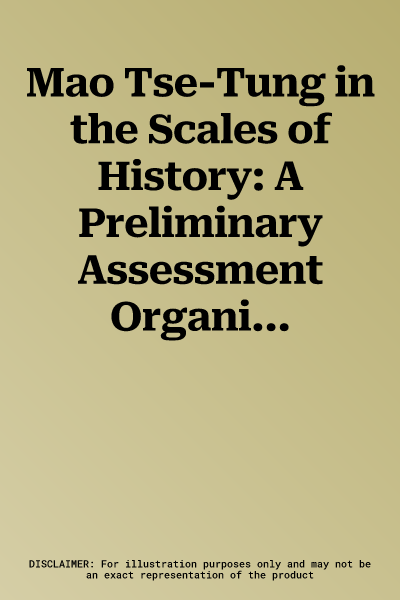Mao Tse-Tung in the Scales of History: A Preliminary Assessment Organized by the China QuarterlyHardcover, 1 September 1977

Temporarily out of stock
Free Delivery
Cash on Delivery
15 Days
Free Returns
Secure Checkout

Part of Series
Contemporary China Institute Publications
Part of Series
Cambridge Textbooks in Linguistics
Part of Series
International Review of Social History
Print Length
256 pages
Language
English
Publisher
Cambridge University Press
Date Published
1 Sep 1977
ISBN-10
0521215838
ISBN-13
9780521215831
Description
Product Details
Book Format:
Hardcover
Date Published:
1 September 1977
ISBN-10:
0521215838
ISBN-13:
9780521215831
Language:
English
Location:
Cambridge
Pages:
256
Publisher: